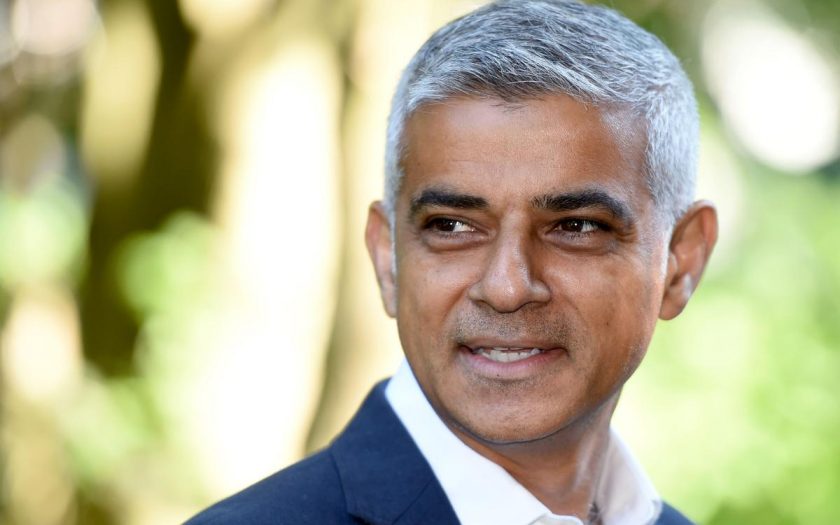Sadiq Khan was first elected as Mayor of London in 2016, succeeding Boris Johnson. He has now been re-elected and will serve a further term of three years (one short of normal because of the COVID delay in last year’s elections). The Mayor poled 1,206,034 votes with his Tory contender getting 977,601. With second preference votes included, Mr. khan won with 55% of the vote, down from from 57% in 2016.
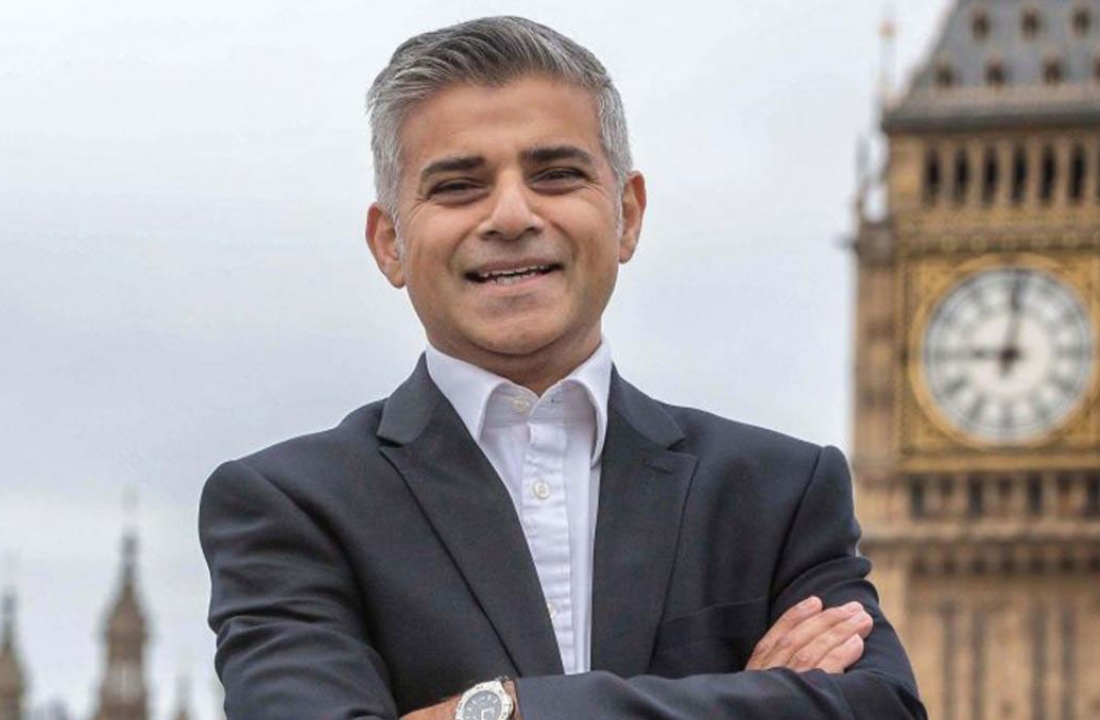
He said he would ‘strain every sinew to help build a better and brighter future for London after the dark days of the pandemic.’
He added, “The scars of Brexit remain, a crude culture war is pushing us futher apart. We must use this movement of national recovery to heal these divisions. Coronavirus doesn’t care if you are a Brexiteer, a Remainer or woke.”
He went on to say, “I promise to do everything in my power to create a greener, cleaner, fairer and safer city – with a 1945-style plan to recover from the pandemic.
And to always focus on building bridges to bring us closer together – rather than walls to drive us further apart.”
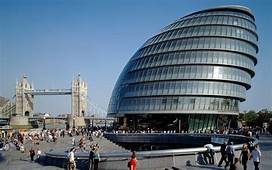
Mr. Khan recently gave us an interview about what he hopes to achieve on behalf of disabled people. This we have reproduced below. Please print this off if possible and let us know if he’s not keeping his promises. We don’t want disabled people to be forgotten and that the improvements he has outlined are kept. And if you don’t think this is happening please let us know.
info@disabilitytalk.co.uk
These are the questions we put to Sadiq Khan
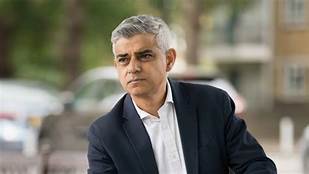
Q: Disabled people have disproportionately suffered in the COVID-19 pandemic. What should we have done differently?
It is unacceptable to that so many disabled Londoners have experienced health, social and financial challenges as a result of the pandemic. Whilst we might have all been facing the same storm, we’ve not all been in the same boat.
Research City Hall commissioned showed that the difficulties and hardships faced by disabled Londoners during the pandemic were compounded by struggles to access the most basic of supplies, services and information. To tackle this, we pledged over £11m to the London Community Response Fund for civil society organisations – including frontline organisations supporting disabled Londoners.
I have spoken to organisations supporting deaf and disabled Londoners and those supporting learning disabled groups and they rightly expressed huge concern about the increase in use of Do Not Attempt Resuscitation (DNAR) orders on individuals without their or their families’ consent, with a particularly detrimental impact on those with learning disabilities. I join with those highlighting how unacceptable and worrying this is and will continue to work with organisations to advocate for a step change in improvements in care planning.
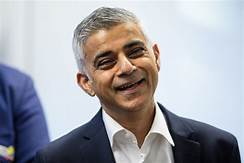
Q: If there is another wave what would you be pressing our Government to do to increase the safeguards for London’s disabled population?
We can and must do more for disabled people as we start to recover from the pandemic. This is why, for example, I called for the £20 uplift in Universal Credit to be made permanent and extended to all benefits, and why I’ll continue to use my voice to push the government to deliver a social care system which is fit for purpose and, at its core, respects the rights of disabled Londoners.
The report I commissioned found that voluntary and community sector organisations play a crucial role in reaching our most marginalised groups including disabled people, these are relationships that I want to see the government commit to providing proper and investment towards moving forward. My London Recovery Board is committed to taking tangible action to tackle the structural inequalities creating barriers for disabled Londoners.
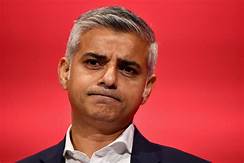
Q: As an average statistic 20% of our capital’s people are disabled… if you secure a further term what would your policies be for improving their lives?
I am committed to continuing my push to make London one of the most accessible capital cities in the world. Working with disabled Londoners, I will launch a new Access Initiative that aims to address obstacles to access in our public places, local high streets and beyond.
London should have public spaces which are truly open to all and my new London Plan will create them. I’ll use the ground-breaking “Survey of Londoners” to broaden understanding of the issues affecting our communities and bring new voices and perspectives into City Hall decision making. I will also continue to invest in showcasing disabled talent through my free arts festival “Liberty”.
I’m determined to be a Mayor for all Londoners and so we will work with local councils and developers to make sure everyone’s needs are taken into account and that all new buildings are accessible to Londoners.
Q: In the UK there are an estimated 13million unpaid carers mainly looking after disabled relatives – we believe they tend to be a largely forgotten minority (treasury figures suggest they save the exchequer £135billion a year) – do you have any policies that would help them?
Firstly, I want to pay tribute to London’s unpaid carers who do so much to take care of their loved ones as well as London’s most vulnerable residents.
There are so many things Londoners can do that would make a difference. For example – I would urge all Londoners to consider becoming a Dementia Friend. I have done the training myself because I want London to be dementia friendly city. I continue to support Alzheimer’s Society and the Dementia Friendly London partnership and I truly believe the more people who understand this cruel disease, the better.
We now have over 350,000 Dementia Friends in London including over 500 in the GLA and we are approaching 1,000 dementia-friendly organisations and 25 boroughs accredited or working towards Dementia-Friendly Community status.
I will always be a champion for disabled Londoners and, if re-elected, will continue to push the Government to give people the support they need and deserve.
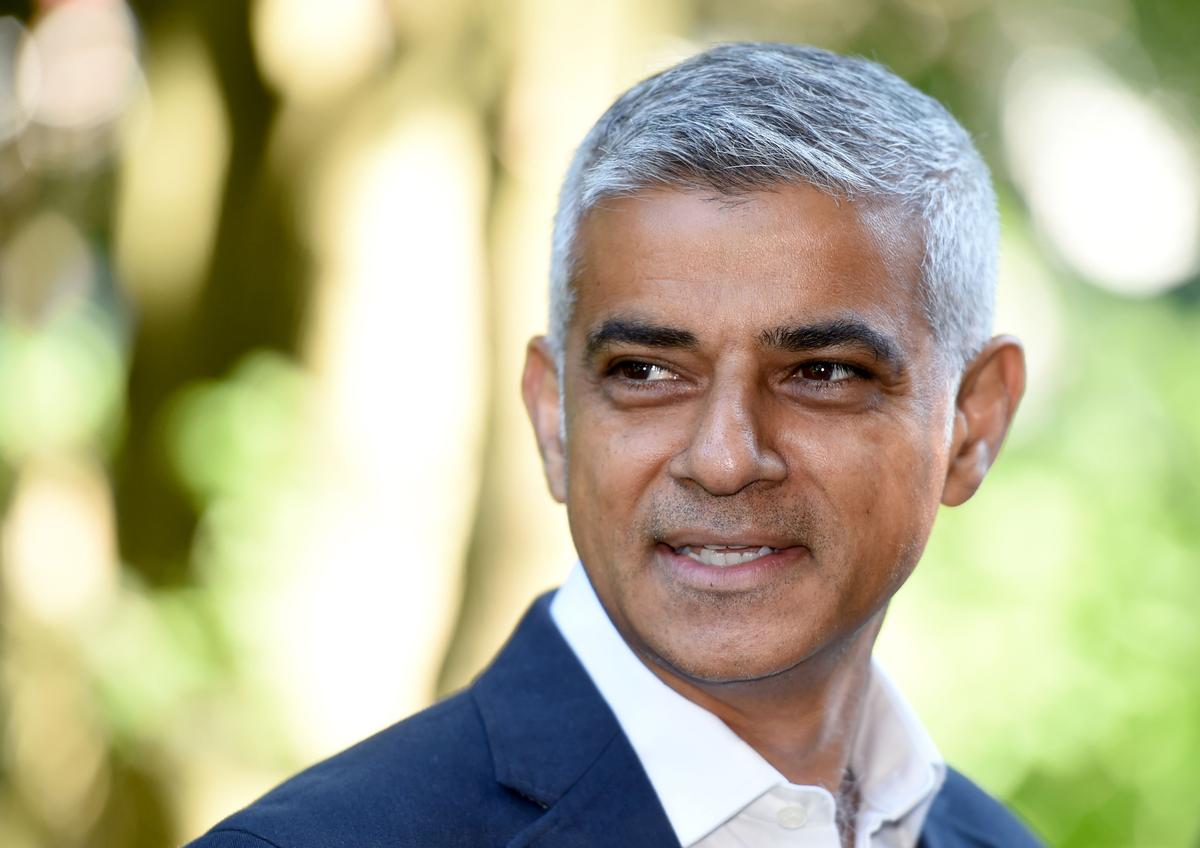
Q: What are your policies regarding healthcare for disabled people?
Despite affecting us all, the pandemic has disproportionately impacted disabled people and it is not right that disabled Londoners face such glaring health inequalities.
We know that disabled people are very concerned about their access to life saving treatment, equipment and healthcare. I am clear that disabled people and those with health conditions have a right to treatment – their lives are not disposable and I will continue to advocate on these issues.
That’s why when reviewing GLA policy to address the health inequalities in our city, it is vital that we keep our disabled Londoners in mind. That is why we have increased funding and encouraged programmes to help disabled people across our city, including the development of specialised and supported housing.
As Mayor, and Chair of the London Health Board and the London Recovery Board I take health inequalities extremely seriously. I have committed to campaigning for disabled people’s rights and healthcare as part of these roles, and will fight for the funding that the NHS needs to make certain that this happens.
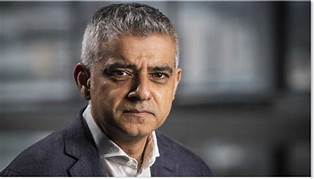
Q: What are your policies regarding providing more accessible travel for people with mobility problems?
Over the last five years we have been able to make significant steps towards improving access across our city for disabled Londoners. I have overseen changes to the transport network which have resulted in more than two thirds of TfL’s trains being fully accessible and improved the availability of free, accessible public toilets through the London Plan and City Hall Regeneration funding. I’m also pleased to say that there are now more than 200 step-free Tube and rail stations on the network.
But I know there is further to go. If re-elected, I will continue to push for funding from government so the rollout of step-free stations can continue to progress. It’s also important that disabled and older Londoners are consulted by TfL when developing its accessibility programme and I will continue to urge them to do so.
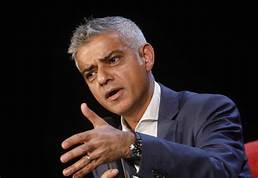
Q: Your general thoughts about being Mayor going forward with regard to disability?
Disabled Londoners must at the heart of the policy development and decision-making process, drawing on the wealth of expertise within the community and representative groups.
I’m committed to a fairer, more just and more liveable city for disabled Londoners and as we begin to reopen, I want disabled Londoners to feel that they have a truly meaningful stake in a city which is, safer and more accessible.
I have committed to regular meaningful engagement with London’s deaf and disabled people’s organisations and to increasing representation of groups who advocate on behalf of London’s disabled population on my equality, diversity and inclusion advisory group. In this way the work I do across the city will be informed by the views and lived experience of disabled people throughout London.
My vision is for a better, brighter future for everyone in our capital, so I’ll continue to stand up for disabled Londoners and redouble my efforts to make sure their needs, voices and contributions are recognised at every level in City Hall and across our capital.


